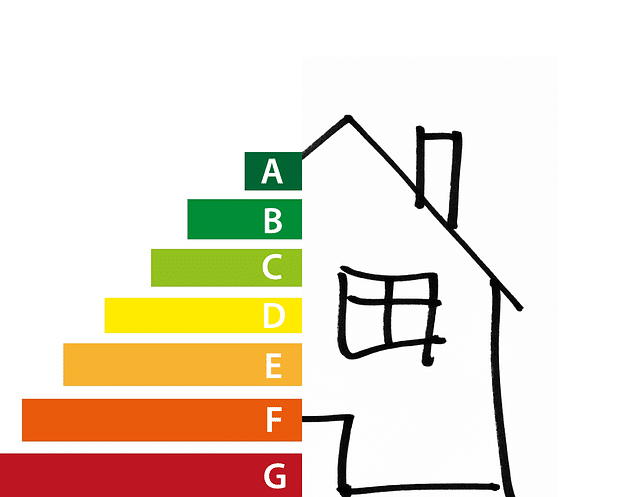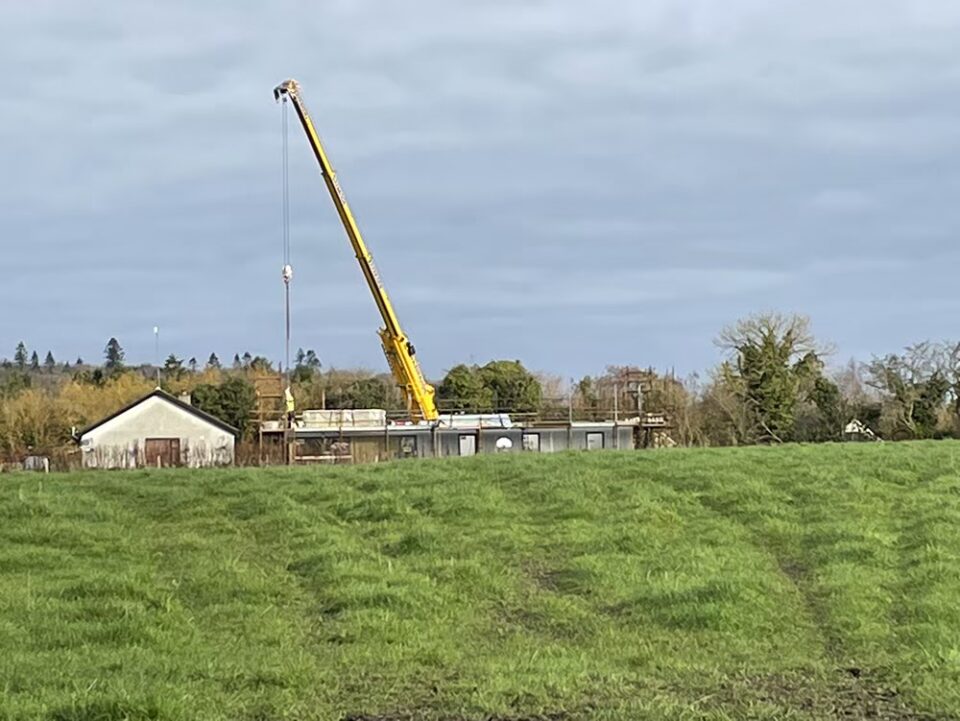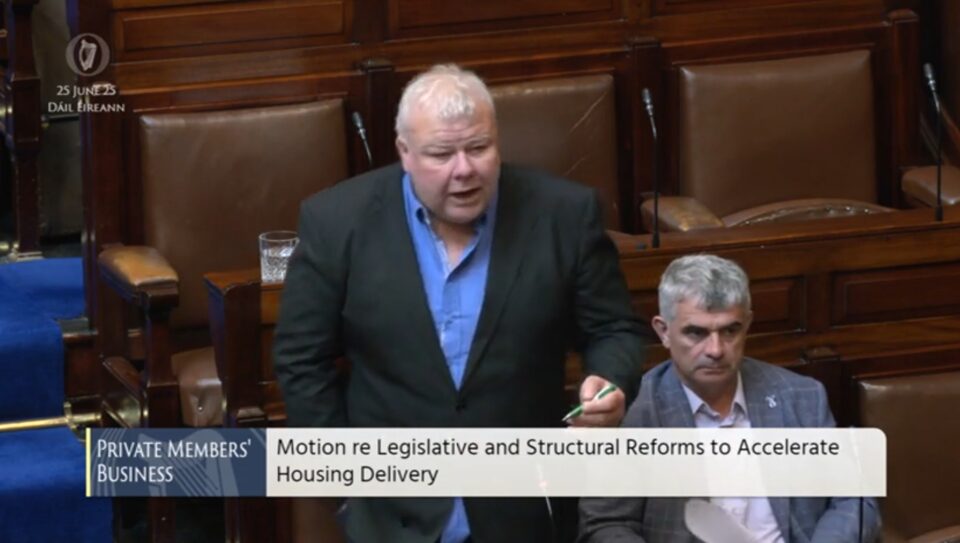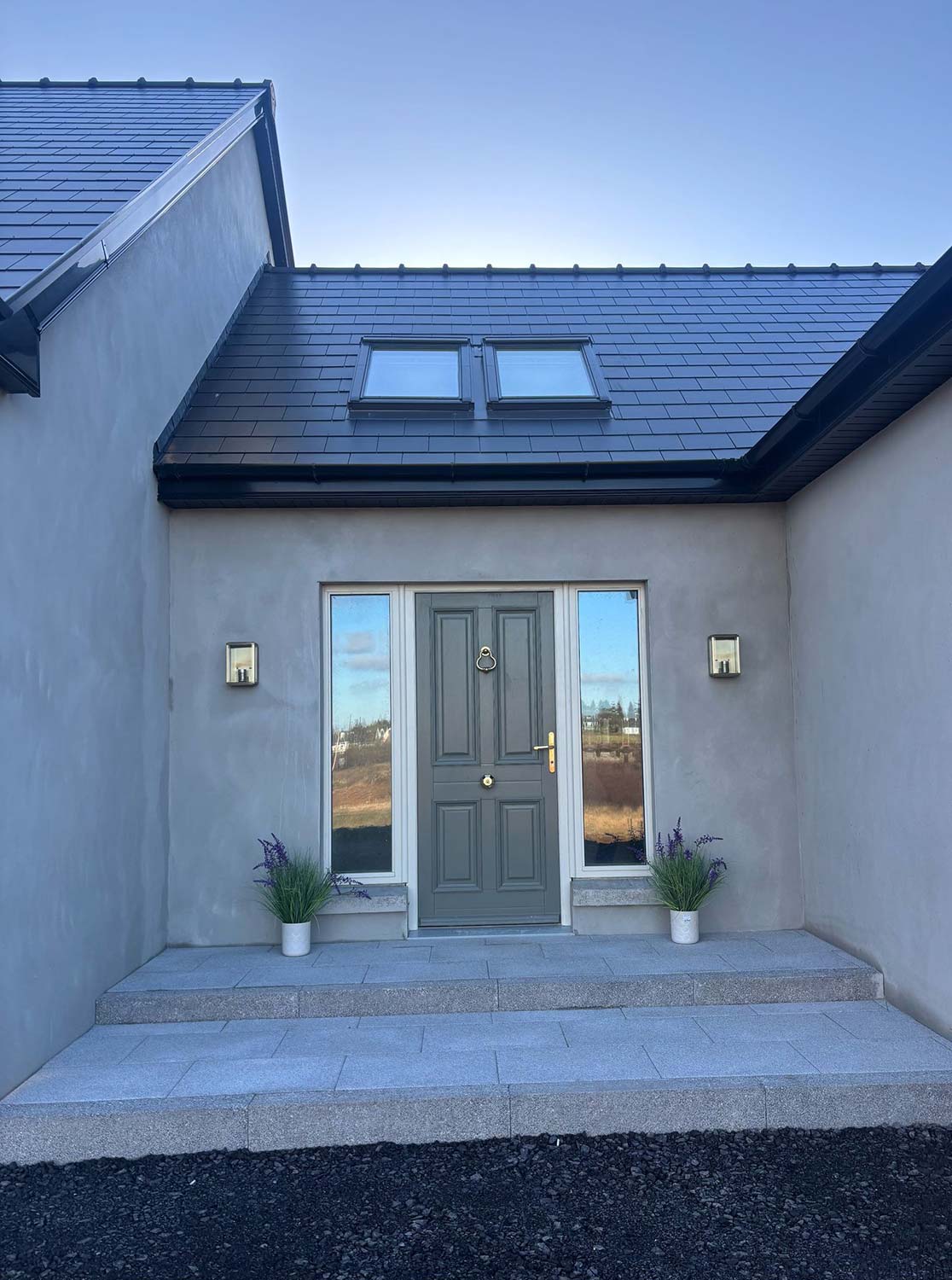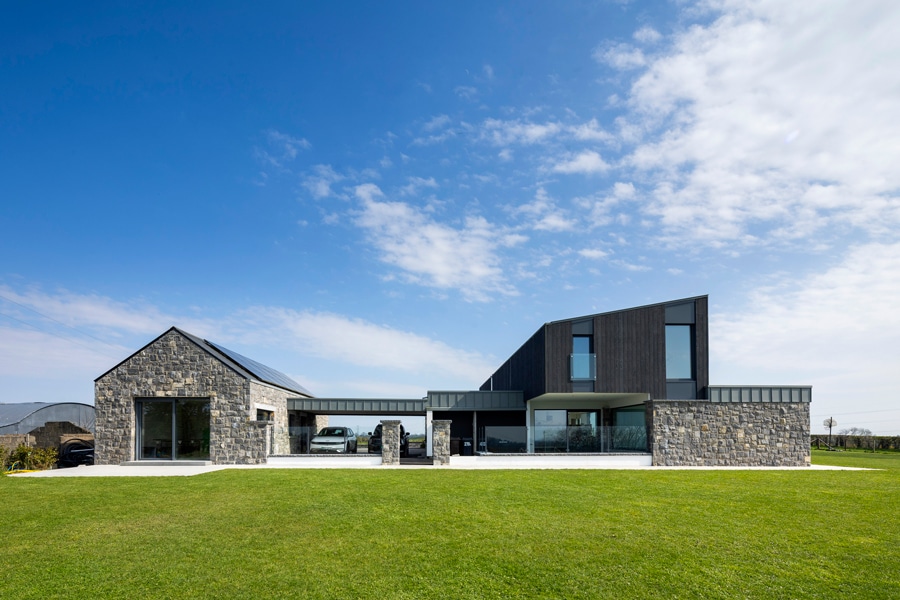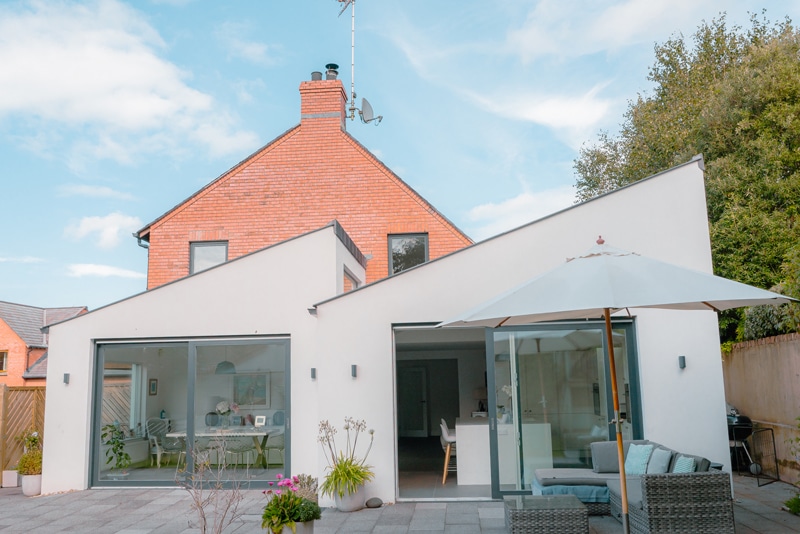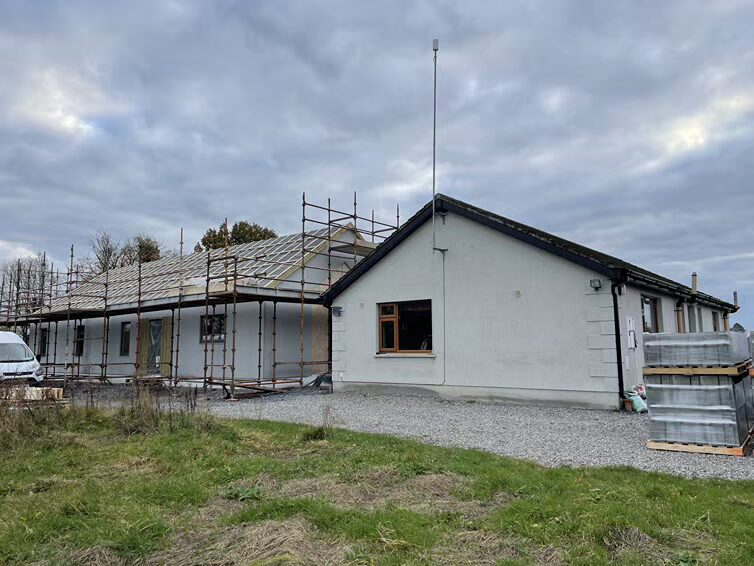For a construction project to continue under new Covid-19 lockdown measures in ROI, it needs to be ‘nearing completion’.
As of this Friday January 8th 2021, 6pm, all non essential construction sites will close, which includes most self-builds.
The restrictions are due to last until the 31st January at the earliest.
To keep his/her construction site open, a self-builder must show the house is “nearing completion”. The Department of Housing tells Selfbuild that “the key consideration when defining ‘nearing completion’” is that the house has been “scheduled for habitation” for no later than the 31st January 2021.
The move came as a result of ROI entering a Level 5 lockdown on the 30th December 2020. Additional measures were announced yesterday (6th January 2021) to further help stop the spread of the coronavirus. New measures include school closures and shutdown of construction sites.
Sole traders, such a plumbers, glazers and electricians, will only work on an emergency call-out basis to existing homes and businesses.
Essential construction projects that will be exempt also include those that avail of housing adaptation grants, as long as the homeowner is willing to let the tradesmen into their home to do the work.
The NI Executive, meanwhile, has decided to keep construction sites open despite having entered a lockdown of its own on December 26th 2020 for a period of six weeks, until February 6th.
The Construction Industry Federation (CIF) said the impact of the current lockdown in ROI will takes months to calculate.
The trade body estimates the previous construction lockdown in March 2020 resulted in 5,000 fewer homes being built than expected in 2020.
“No other country (barring some US States and Italy in the initial wave) has shut down construction during lockdowns,” the CIF said in its statement. “Most recently, the UK and Scotland have entered lockdown and left construction operational.”
In ROI the construction industry represents 200,000 direct and indirect employees and 50,000 businesses.
Meanwhile, the Banking & Payments Federation Ireland (BPFI) reports mortgage approvals are the highest they have been in a decade, with the average amount lent by banks increasing by 5 per cent to €250,000 – indicating price inflation.
The BPFI also warned housing supply won’t match demand until at least end of 2023, even though housing completions started to recover towards the end of 2020. “Given the severe restrictions during the second quarter of the year as well as ongoing measures on construction sites, completion numbers are likely to be much better than early estimates back in April/May,” read the BPFI third quarter report.
The BPFI expects 20,000 units to be built in 2020, which compares to the Economic and Social Research Institute (ESRI) forecast that Ireland will need 28,000 new homes every year for the next thirty years.
Third quarter planning permissions also recorded growth, according to the Central Statistics Office.
Update March 2021: According to RTÉ the government will prioritise the reopening of construction projects that relate to housing, which could signal a return to self-building from April 5th 2021.
Update April 2021: Self-build sites are now reopen.






